The Countrywide Transportation Safety Board claimed Monday the Blue Line coach that derailed in a Metro tunnel in D.C. final week briefly came off the tracks two other occasions earlier the exact same day.
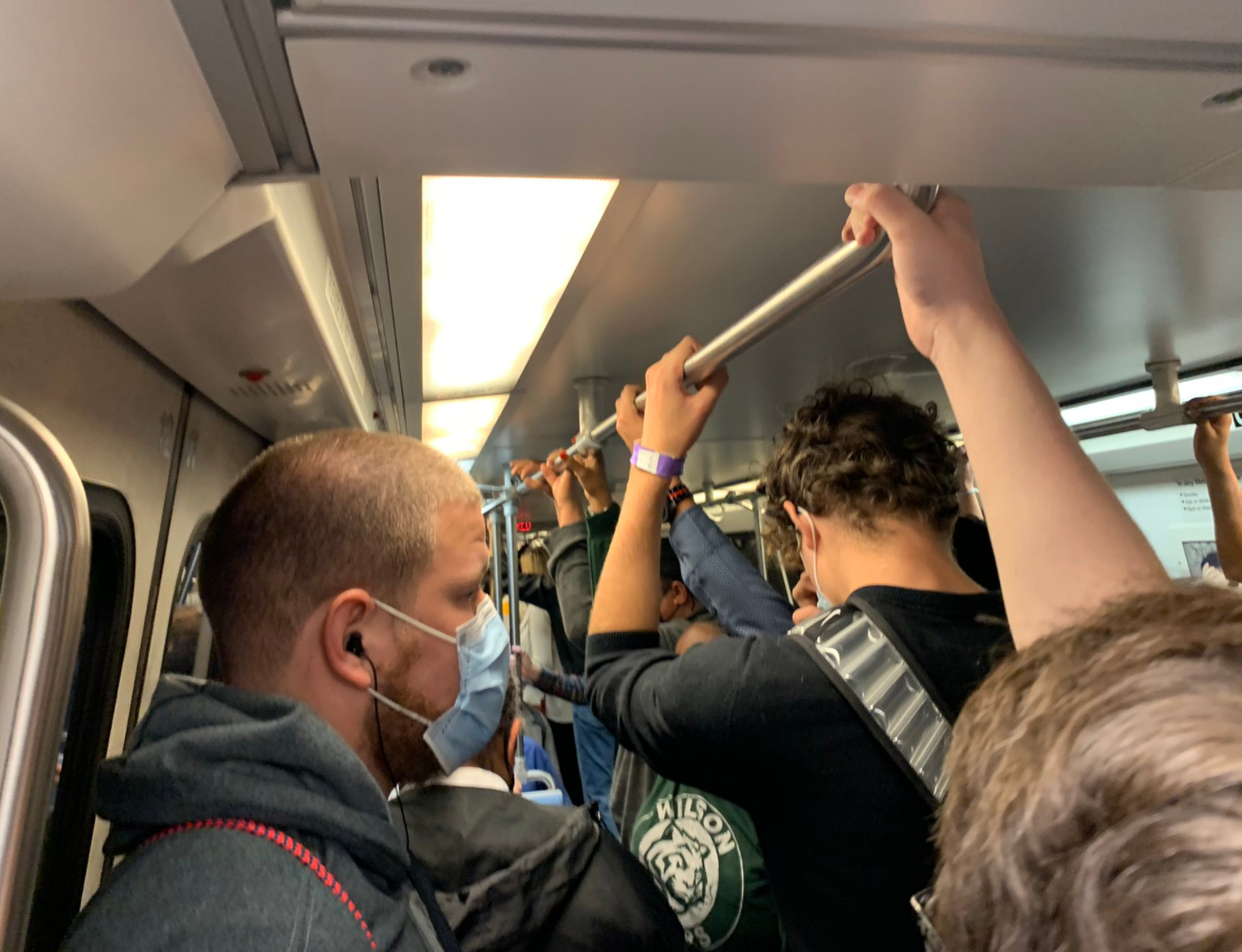
NBC-4 Transportation Reporter Adam Tuss speaks with WTOP’s Dimitri Sotis about the newest updates on Metro.
Metro said substantially diminished rail service will continue on for the relaxation of the 7 days as the investigation into last week’s Blue Line derailment proceeds.
Beginning Tuesday and lasting at minimum right until Sunday, Oct. 24, Metro stated approximately all traces will continue on to work only every single 30 minutes. The exception is the Pink Line, the place trains will function each 15 minutes.
On the Silver Line, trains will work between the Wiehle-Reston East and Federal Middle SW stations only.
All trains will operate as 6-car or truck trains.
Metro’s announcement arrived the exact working day officials with the Nationwide Transportation Safety Board comprehensive their initial results into the derailment, expressing it appeared the teach went off the monitor at minimum 3 instances Oct. 12, which includes in a tunnel close to the Rosslyn station, for the reason that the wheels on the prepare experienced shifted much too much apart on their axles.
NTSB Chair Jennifer Homendy stated a preliminary investigation located comparable wheel problems heading again to 2017 and that they appeared to have come to be far more common lately, increasing considerations the trouble could impact other transit companies throughout the U.S.
“We are privileged that no fatalities or really serious accidents occurred as a final result of any of these derailments, but the potential for fatalities and significant injuries was important,” Homendy explained. “This could have resulted in a catastrophic occasion.”
Trains have been crowded all through the afternoon hurry Monday on the Pink Line, and passenger Erin Craig described persons as becoming disappointed, whilst passenger Hector explained his commute as “like a nightmare.”
Travellers describe their commute amid reduced Metrorail services to WTOP’s Mike Murillo.
Quite a few travellers instructed WTOP reporter Mike Murillo, who documented from the Van Ness Metro station, that they are nervous about crowded trains in the period of COVID-19.
One particular passenger instructed Murillo that she was not satisfied to hear that troubles equivalent to what led to the train’s derailment had been described in past many years she feels Metro could have done extra.
Late Sunday, the Washington Metrorail Safety Fee, which enforces security techniques on the D.C. subway technique, purchased Metro to choose all 7000 sequence rail automobiles out of provider since of the flaws uncovered in the rail cars’ wheel and axle assemblies, foremost to bare-bones Metro provider Monday morning, packed trains and substantial delays for riders.
Metro stated all 748 of its 7000-sequence rail vehicles — which are the transit system’s most recent-design rail automobiles and make up 60{7b5a5d0e414f5ae9befbbfe0565391237b22ed5a572478ce6579290fab1e7f91} of Metro’s whole fleet — stay sidelined and will not return to provider till they are considered secure to do so, which will substantially impression assistance.
Metro riders are encouraged to acquire Metrobus or contemplate other solutions.
“Safety continues to be Metro’s quantity 1 priority,” claimed Metro Basic Manager Paul J. Wiedefeld in a statement Monday evening.
He additional, “I want to assure our consumers that their security is driving each individual final decision being produced. We apologize for the decreased company, and check with for our customers’ ongoing persistence and guidance as we operate to get Metro back again to ordinary functions. I want to thank Metro workforce who are operating about the clock. Your dedication is appreciated.”
The NTSB news convention before Monday presented a lot more aspects about what turned to be a sequence of derailments on Oct. 12, all of the very same rail automobile working on Metro’s Blue Line.
The remaining derailment, at 4:51 p.m. that day, stranded nearly 200 travellers in a tunnel between Rosslyn and Arlington Countrywide Cemetery and despatched one particular person to the medical center with non-everyday living threatening accidents.
Even so, in addition to that derailment, NTSB investigators identified that Coach 407 also derailed two periods previously that day.
At 3:23 p.m., Educate 407 briefly derailed at Arlington National Cemetery ahead of righting by itself on the observe, and all over again at 4:13 p.m. at Largo City Middle.
Investigator Joe Gordon, who’s main the NTSB probe, explained damaged sections of brake pieces at those people two destinations indicated the train experienced derailed, though it is possible the coach derailed in other places, way too.
Repeated wheel failures considering that 2017
The suspected result in of the derailment is a defect in the wheel assemblies of the 7000 sequence rail automobiles.
As aspect of the investigation into the derailment, federal authorities had been informed by Metro of related complications with wheel assemblies courting back to 2017, and ended up explained to that they show up to have develop into a lot more widespread in modern a long time.
In 2017, typical Metro inspections turned up two wheel failures, this means the wheels shifted way too much apart on the axles, Homendy claimed. There also were being two failures described in 2018.
In 2019 and 2020, there ended up 4 and five reported failures, respectively.
This year, however, the documented failures jumped to 18 — and that was just before last week’s derailment.
In a round of emergency inspections that started Friday, Metro turned up 21 extra failures, Homendy mentioned.
“These are heading up,” Homendy said of the wheel-axle failures.
And the quantities could nevertheless transform: As of Monday morning, Metro experienced inspected 514 of its 748 7000 collection rail vehicles, which are designed by Kawasaki, the Japan-centered producer.
Questioned no matter whether WMATA took proper action to respond to the wheel challenges going back to 2017, Homendy reported, “That is exactly one of the queries we have in this investigation and anything we will be wanting at, simply because we do want to glimpse at final decision-making on WMATA’s section, what actions ended up taken and what led them to these actions — and whether they were adequate.”
On its website, Metro mentioned it had been performing with Kawasaki considering that 2017 to solve the wheel challenge.
Homendy explained the NTSB to start with acquired of the wheel complications as a result of the present-day investigation.
The NTSB is concerned there could be related troubles with Kawasaki-built rail cars at transit systems across the U.S., Homendy claimed.
“If you’re a transit agency working in the United States, and you’re listening, make certain that you’re examining your cars and trucks. … This is some thing we’re likely to be searching at in the training course of this investigation — to decide if there are extra systemic concerns throughout the U.S. and in the course of transit systems operating in the U.S.” she mentioned.
How extensive will 7000 sequence cars and trucks be sidelined?
It is unclear how long the 7000 collection autos will be sidelined. The security commission’s get involves Metro to establish a plan to assess the bring about of the wheel complications and discover a way to detect and avoid the problem right before returning the automobiles to assistance.
On its website, Metro mentioned it would perform with the safety fee to establish the “next very best techniques for returning the 7000 series to support.”
While the NTSB does not have the authority to buy the 7000 collection vehicles out of assistance, Homendy claimed the board supports the Metro basic safety fee using motion to do so.
“From a protection standpoint, we’re joyful that they prioritized basic safety for the reason that, yet again, this could have been catastrophic,” Homendy mentioned. “So, their aim right here was public security.”
Democratic Rep. Gerry Connolly of Virginia, a essential backer of the bill creating the safety fee, called the selection to pull the rail autos “difficult but necessary” and demanded a approach from Metro for restoring company and rider self esteem.
“According to the NTSB, WMATA did not consider the necessary actions to tackle a potentially lethal mechanical failure of the 7000 series vehicles and enable the issue languish and worsen above the training course of four decades,” Connolly stated in a assertion. “This is unacceptable and could have resulted in a catastrophic tragedy. I am demanding a program of action from WMATA for how these problems will be resolved and rider self-confidence in method security restored.”


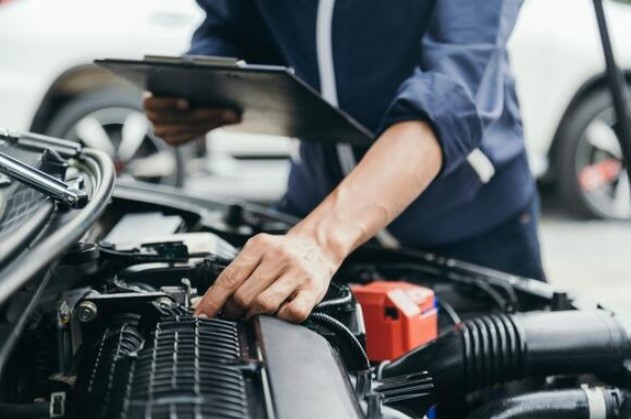
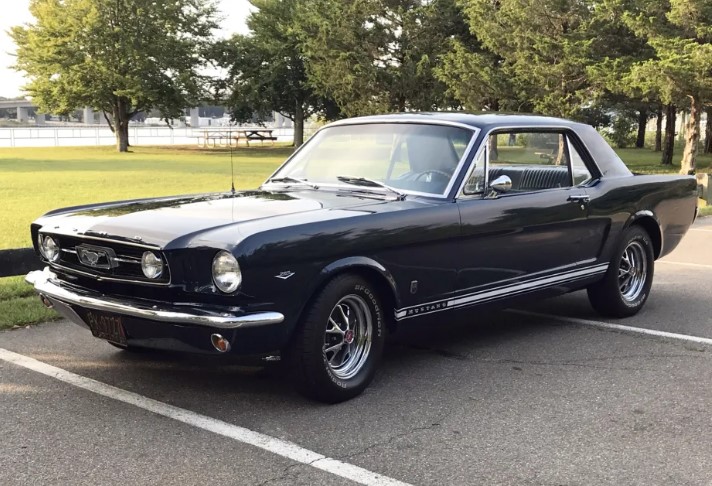
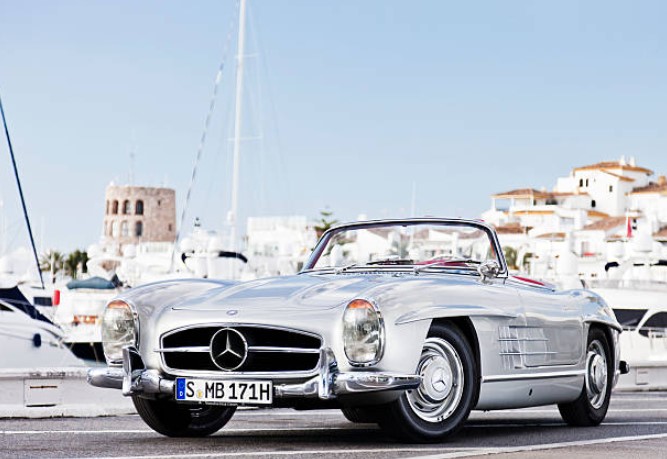
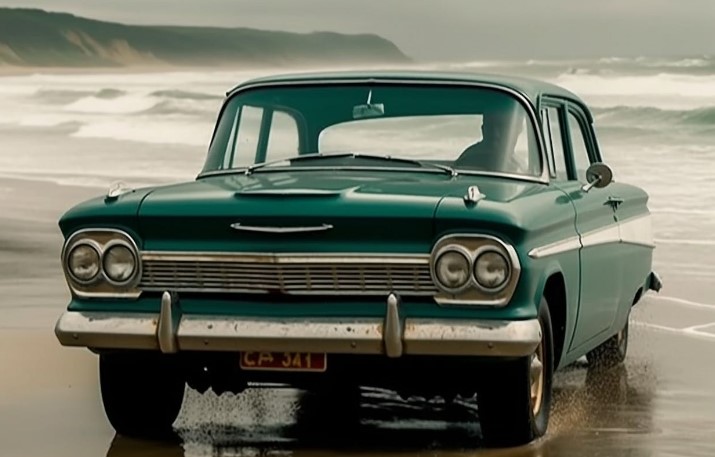
More Stories
Investigation launched into complaints of Tesla steering wheels coming off mid-drive | Tesla
Wheels Car of the Year 2023: Finalists revealed!
Why Were so Many Built?